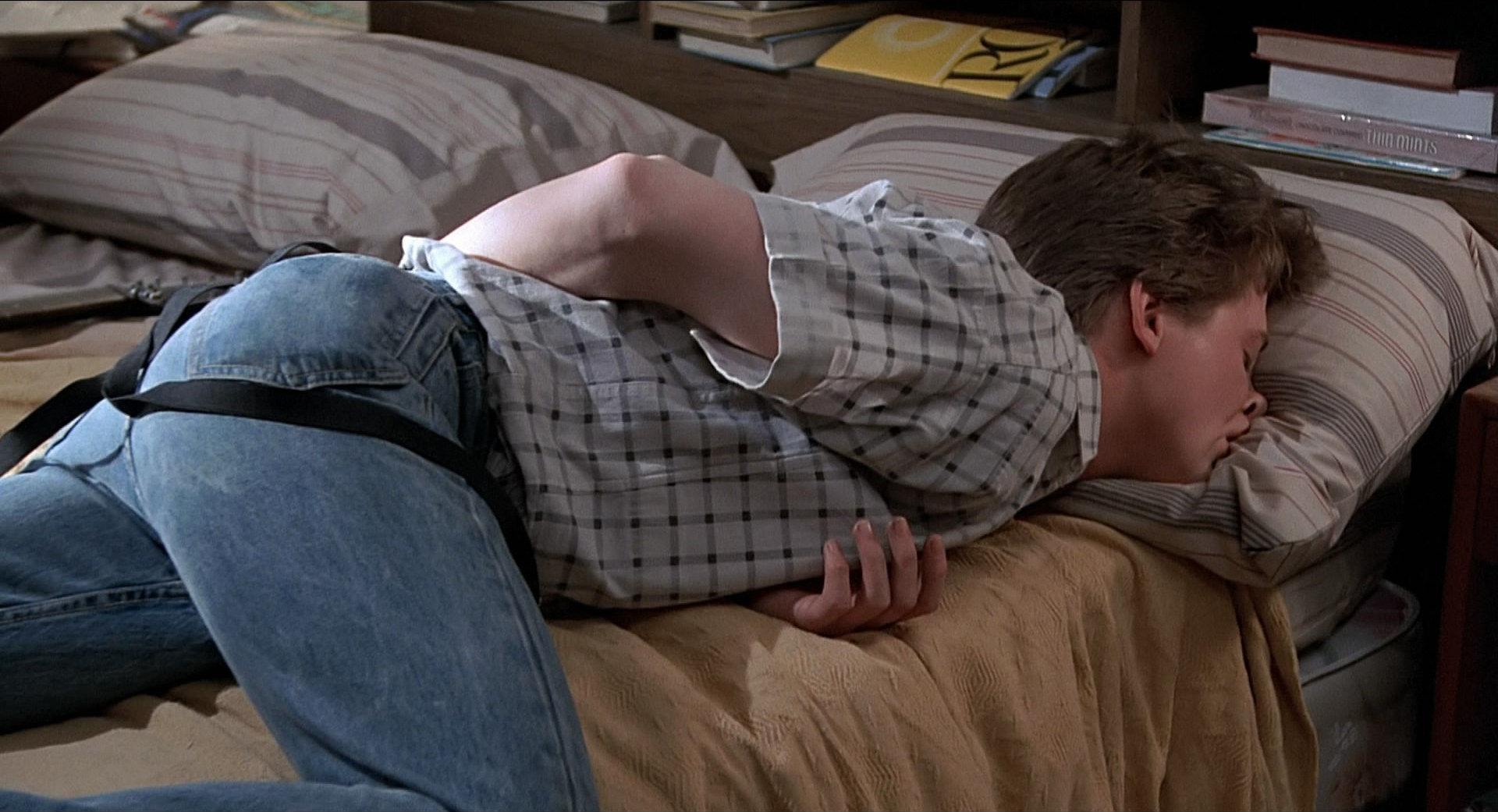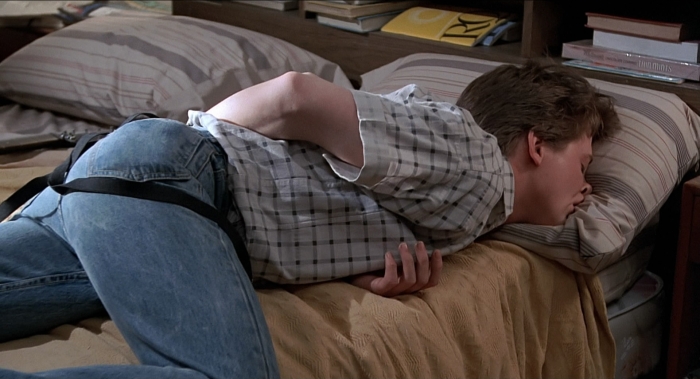Mama always said, “nothing good happens after midnight.” Sounds like mama never went to college. Sure, it’s debatable whether the stuff that happens after midnight is good, but it’s undoubtedly the case that a lot goes on in the wee hours of the morning. And if there’s ever a time to experience what goes on when the rest of the world is asleep, it’s now, right? With parties and functions multiple nights each week, it’s hard to go to bed without the fear of missing out.
But while you may want to stay up late every night partying (or studying), I have some devastating news for you: you are not a vampire. Don’t believe me? Did you burn/glitter in the sun today? No, you didn’t. You need to sleep.
Still not convinced sleep might be more important than that party coming up? Keep reading. Your body needs sleep to function at its best. Essentially every bodily process is tied to whether or not you get enough ZZZs. When you don’t get enough sleep, it compromises your immune system, putting you at greater risk of getting sick. In other words, catching up on sleep now could prevent you from having to isolate yourself from the social world entirely because you can’t get out of bed.
A lack of sleep also messes with your hormone levels. It decreases your body’s production of the hormone leptin and increases cortisol levels — this makes you feel hungrier, putting you one step closer to the freshman 15 … or 35. Multiple studies have linked obesity to sleep deprivation — one even found that those who got less than seven hours per night were 73 percent more likely to be obese than those getting seven to nine hours.
Another reason to hit the sack early is that sleep is necessary for your brain to retain information. When you sleep, temporary memories are moved to more permanent storage so that you can access them when needed — like during your next exam. Sleeping after you study, even if it’s just a nap, is an excellent study tool.
On top of all this are the more obvious negative side effects of sleep deprivation — increased stress, moodiness, inability to concentrate in class, and those unattractive dark under-eye circles.
So how much sleep do you need? Everyone is different, but you’ll know you are getting enough sleep if, over the course of a few consecutive nights, you wake up on your own, without the help of your best friend, the alarm clock. Chances are, this doesn’t describe you, especially if you have an 8:30 a.m. class. Additionally, it’s almost as important to have a regular sleep schedule as it is to get enough total hours. For sleep to be restorative you need to time it right. That means going to bed and waking up at around the same time every night.
This is where things get tricky for the social butterfly who wants to experience all the college lifestyle has to offer — including what happens after midnight. But this isn’t an all or nothing deal. Simply do your best to strike a balance so you get a good night’s sleep more nights than not. Naps are also a great option when you’re running low on sleep — just be sure your napping doesn’t keep you from falling asleep that night or become a permanent substitute for a long night of rest.
Perhaps you’re thinking, “I try to go to bed earlier, but I just can’t fall asleep!” Don’t give up! There are many possible reasons for your insomnia and many steps you should take to ensure you have the most restful night possible. One obvious reason you may not be able to fall asleep is that you slept the day away and simply haven’t been awake very long. If you find yourself in a “late to bed, late to rise” pattern, set an early alarm one morning so that you will be tired when you want to go to bed. It’s also important to limit your caffeine consumption — you don’t want to put any caffeine in your system after 4 p.m. Power down all your electronics at least 30 minutes before you intend to go to bed. In addition to the time-sucking distraction they can be, the wavelength of light from your TV, computer, and phone screens actually keeps your brain from emitting the necessary signals your body and mind need to fall asleep.
Anxiety or racing thoughts can also keep sleep at bay. Do your best to chase those thoughts away by writing in a journal, meditating, listening to calm music, or reading. If you can’t stop thinking about all you need to do the next day, try jotting down your thoughts so you won’t spend the night worrying you’ll forget to do something. Another good option if you find stressful thoughts won’t let you get your shuteye is an over-the-counter supplement, melatonin. Melatonin is a chemical your body produces naturally when it’s time to go to sleep. But when you’re stressed, your melatonin isn’t produced like it should be. You can find melatonin wherever you can buy vitamins and other supplements. (But be sure to check with your doctor first!)
Alcohol actually reduces the quality of your sleep. While it may help you fall asleep, it increases your chances of waking up in the night or not falling into the deep sleep necessary to get the full benefits of your 40 winks.
Just in case you are more sleep deprived than I imagined, here are the take-away points that even your incapacitated mind should understand: 1) You are not a vampire. 2) You need sleep for your body and mind to work as they should. 3) When you choose to party (or study) into the wee hours of the morning on more nights than not, you are doing yourself more harm than good. 4) Get more sleep, and set a fairly regular sleep schedule.

